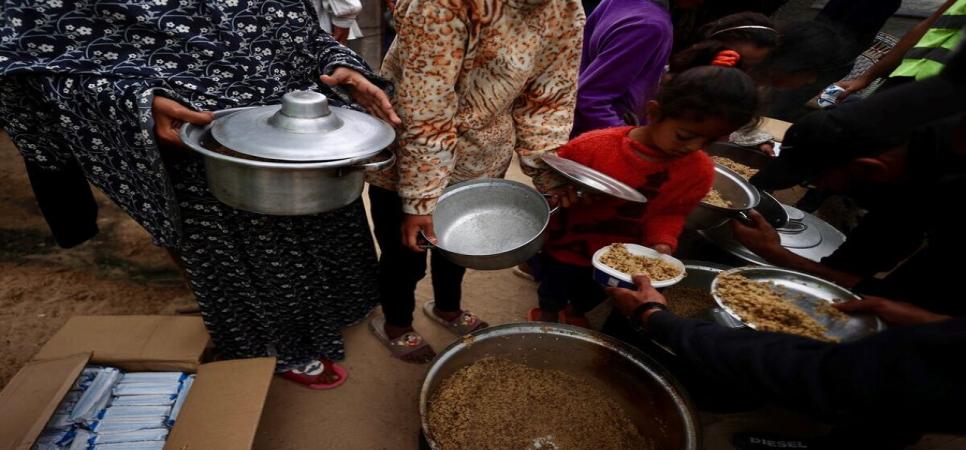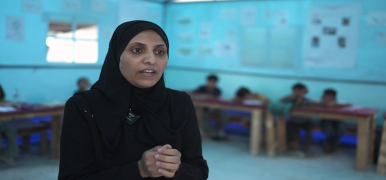
Understanding famine: what it is, how you can act
What is famine and who is at risk? Famine is defined as “extreme food deprivation” by the Integrated Food Security Classification, or IPC, the global hunger monitoring body. It is at the extreme end of IPC Phase 5, the highest hunger level under the IPC’s classification. Not all IPC 5 areas are in famine. The most severe form of food insecurity, famine is only declared when three things happen: At least 2 people per 10,000 (or 4 per 10,000 children) die daily of starvation, disease and malnutrition;At least 20 percent of households face extreme food shortages;At least 30 percent of children suffer from acute malnutrition. Famine is rare, predictable and – with the right resources, political will and action – preventable. Vulnerable population groups such as young children, pregnant and nursing women and displaced people are most at risk of hunger emergencies. Once a famine is declared, many people have already died of starvation, and it’s hard to slow it down.How can I make a difference? Famine can be stopped. More importantly, it must be prevented from happening in the first place. Individuals can make a powerful difference in spreading awareness about, and preventing - or ending - famine. We’ve seen many examples: from organizing concerts and other events that raise awareness and funds to tackle hunger, to grassroots action, such as the community kitchens in Sudan that deliver food to the hungriest people. Everyone has a role to play. You’ve just taken the first step: by educating yourself about famine. The next is to educate your family, friends and community - through a variety of platforms, both civic and online. And you can volunteer or donate to HCF - and urge others to do the same.


No comment found!